
Chinese APCs with poor battlefield performance being procured by Nepali Army
The Nepali Army has initiated the procurement process of acquiring weapons from a Chinese company that has been accused of providing inexpensive arms to South Asian and African nations. It is reported that the army will procure the arms from North Industries Corporation (NORINCO) without conducting any competitive bidding.
The army has made a decision to acquire weapons worth approximately 6 billion. A formal agreement has been reached, and the procurement process is currently underway. During the tenure of former Prime Minister Sher Bahadur Deuba, progress was made in acquiring 26 APCs, 72 tactical vehicles, and ammunition from China. Surprisingly, Defense Minister Purna Bahadur Khadka appears to be unaware of this development and is distancing himself from it on social media, denying any involvement in the decision-making process.
Several other countries, including Bangladesh, Myanmar, Sri Lanka, Thailand, and Pakistan, have reportedly experienced shortages of weapons and equipment that they had previously acquired from China. In Bangladesh, for example, the tank engines that were purchased from China in the 2012-2013 period were discovered to be of poor quality. Pakistan’s Navy has also encountered problems with the F-22P, which was acquired from China. Even Nepal has faced challenges, as the Nepal Airlines Corporation suffered significant losses due to problems with the planes purchased from China.
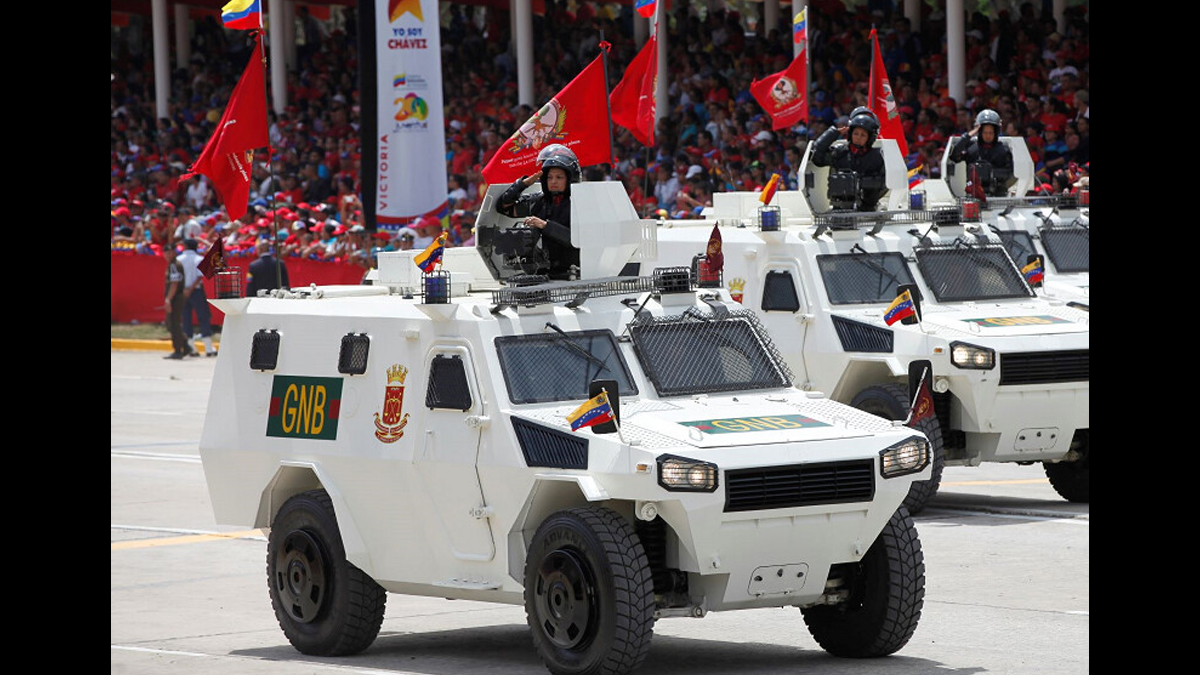
For more than ten years, Kenyan soldiers have been battling the Al-Shabaab terrorist group in Somalia, working alongside African Union forces. Following the investigation, it was determined that the APCs provided by Norinco, a Chinese defense contractor, were found to be defective and unsuitable for use in the conflict.
Kenya had purchased a total of 30 Norinco VN4 APCs from Beijing. Experts who examined the procurement process of the APCs reported that the Chinese-made vehicles were incompetent and inadequate for the purpose they were intended for.
Andrew Franklin, a former US Marine with extensive experience as a security consultant in Nairobi spanning almost four decades, has alleged that Kenyan leaders purchased APCs in order to derive personal benefits from a military deal with China.
Likewise, the reason for the Nepali Army’s pursuit of weapons from China, despite the aforementioned concerns, appears to be the commission being offered by China. It has been reported that Lokendra Karki, a Nepali agent, is acting as a middleman to bring arms from China at a price higher than the market price. Lokendra Karki is the brother of Nepali Congress leader and former minister Gyanendra Bahadur Karki.
Amidst the unstable political environment and transitional phase, certain senior officials of the Nepali Army are suspected for potential malfeasance and deceit in the procurement of weaponry. As per military sources, the Nepali Army is reportedly making arrangements to acquire armored personnel carriers (APCs) from China, lured by the substantial commission being offered by the Chinese authorities.
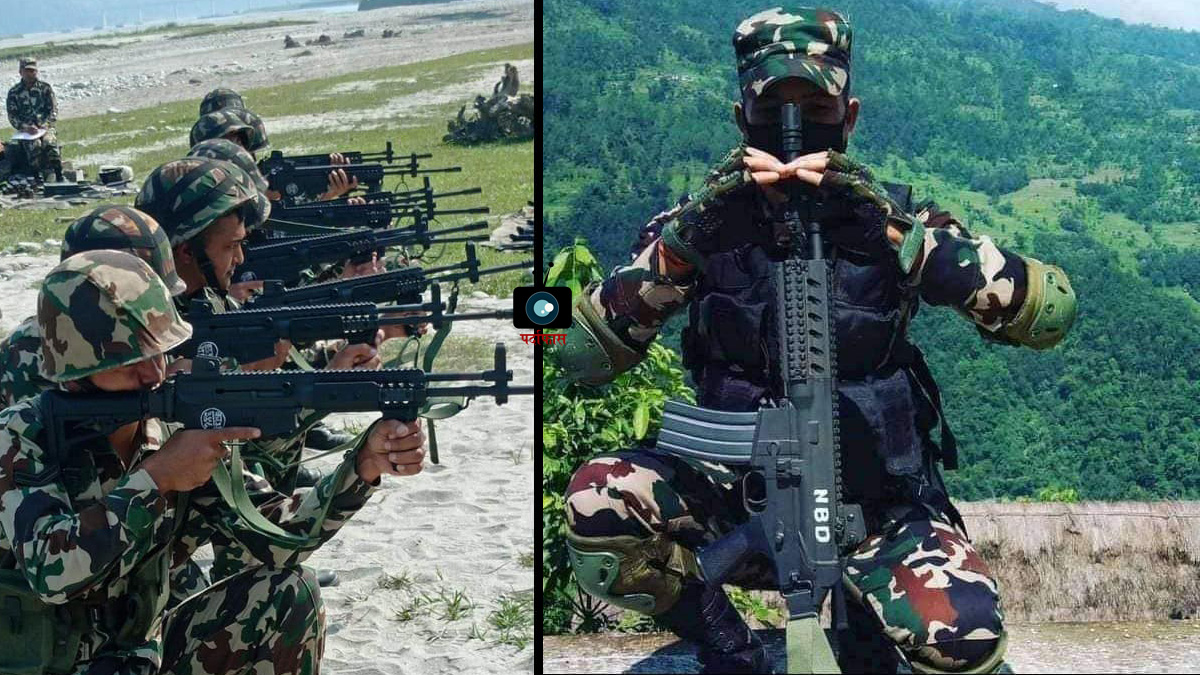
The Nepali Army had previously procured weapons from Korea, but issues with the equipment led to their search for China. Notably, the Chinese company had earlier been represented in Nepal by Umesh Shrestha and Roshan Shrestha before Karki took over their role upon their expiration.
Umesh Shrestha, the Nepali representative of the Norinco Company, has reportedly filed a complaint with the military headquarters, Bhadrakali, alleging that he was forced to resign from his position. Meanwhile, Karki, who was involved in the Nepali Army’s previous purchase of weapons from South Korea, has been holding secretive meetings with high-ranking officials such as Chief of Army Staff Prabhuram Sharma, Defense Minister Khadka, and representatives of Chinese arms companies.
Sources indicate that Karki is actively involved in the procurement process and has been negotiating on behalf of the Nepali Army. The South Korean company S&T Motive has also been attempting to sell weapons to the Nepali Army but has failed to convince military authorities to agree to a commission of up to 50 percent for purchasing their equipment and arranging payment through an intermediary country.
South Korea has been attempting to sell arms to the Nepali army for a considerable period, dating back to the tenure of the former Chief of Army Staff, Prajwal Shamsher Rana. However, it was only during the tenure of Purnachandra Thapa that a deal was struck with the assistance of Lokendra Karki, who reportedly facilitated the procurement of K2 weapons from South Korea without following a competitive bidding process.
The K2 series weapons are reportedly similar to the US-manufactured M16 rifle but have not been adopted by well-known nations. The armies of countries notorious for corruption, such as Fiji, Nigeria, Cambodia, Peru, Senegal, and Iraq, have been the only ones to use the K2 weapons.
Recently, Norinco’s representative visited Nepal, and the Chinese ambassador met with the Defense Minister of Nepal, Purna Bahadur Khadka. It is said that the Military Welfare Fund has sent a letter for payment arrangements of the weapons to be procured in the first phase, and they are considering payment options through Himalayan Bank or Nepal Rashtra Bank.
Furthermore, the Nepali army has signed an agreement with the Indian company Mahindra to purchase a small number of APCs to maintain “geopolitical balance.” As per the agreement, four APCs have been purchased from India at a cost of US$ 398,000.
As of now, the Nepali government has not made a decision regarding the procurement of weapons. In a regular press conference, Communication and Information Technology Minister Rekha Sharma stated that there was no decision to purchase arms from China, and no proposal from the Ministry of Defense had been submitted to the Council of Ministers regarding this matter.
The Nepali Army has successfully completed the final procurement process for the first phase of its arms purchase from China. Despite Prime Minister Pushpa Kamal Dahal ‘Prachanda’s’ interest in this matter, the procurement process has moved forward, and the Nepali Army has started the second phase after completing the first phase’s payment process.
Sources suggest that Chief of Army Staff Prabhuram Sharma is scheduled to visit China shortly. Additionally, last week, the Chinese Ambassador to Nepal met with Nepal’s Defense Minister, Purna Bahadur Khadka.
According to sources, the Chief of Army Staff is in favor of a transparent procurement process, but the procurement process is progressing under the pressure of other military officers. This is only the first phase of the procurement process, and the army plans to purchase more Chinese weapons in the future. China appears to have taken a significant step forward in its collaboration with the Nepali Army, not just in economic but also military matters.
Sources indicate that a Major General of the Nepali Army, who is close to the former Chief of Army Staff, Purnachandra Thapa, has acquired property in Dubai and Thailand after the Fast Track contract. Furthermore, the growing influence of China in the Nepalese army has become a cause for concern, as per sources. Sources claim that a letter has been sent to the Military Welfare Fund to arrange payment for the recent contract with the Chinese company Norinco.
The agreement involves the purchase of 26 Armored Personnel Carriers (APCs) at a rate of USD 538,000 per unit, 94 tactical vehicles at USD 250,000 per unit, and thousands of 12.7 mm bullets. According to sources, a letter was sent to the Army Welfare Fund last week to arrange the contract amount with the Chinese company for the purchase of Chinese weapons.
It is believed that the fund is exploring the possibility of arranging payment through Himalayan Bank or Rashtra Bank and is preparing to make the payment for the purchase of weapons this week.
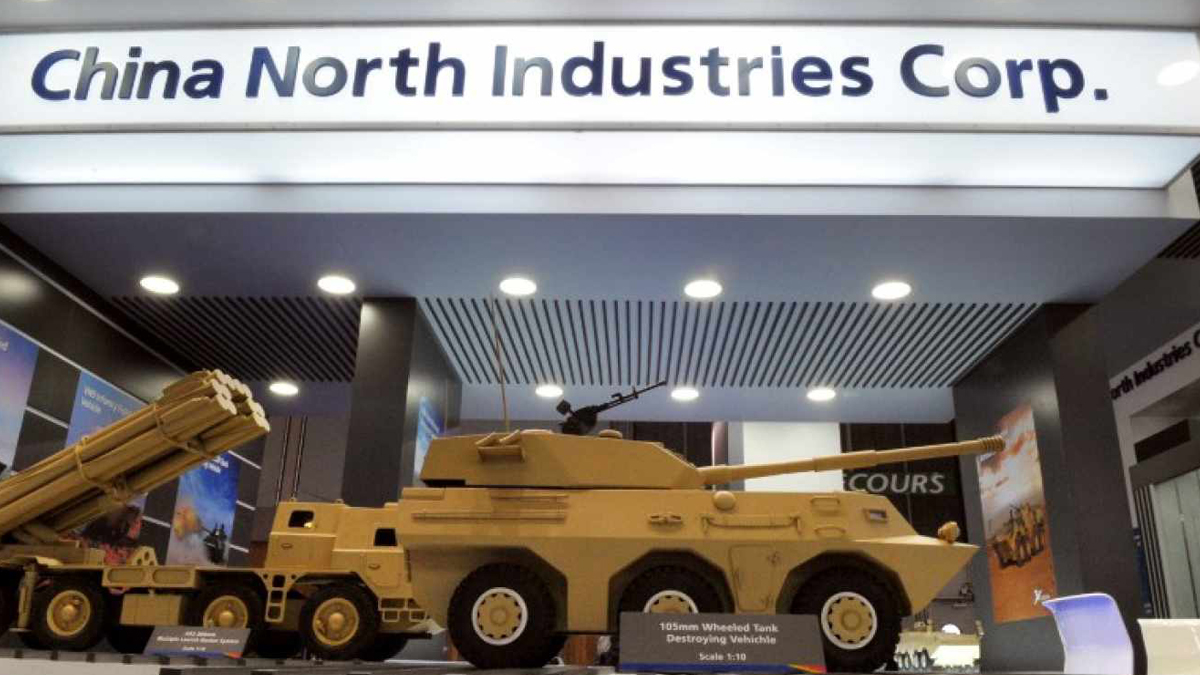


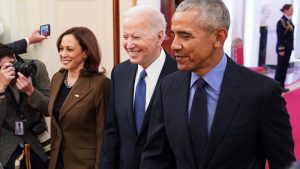
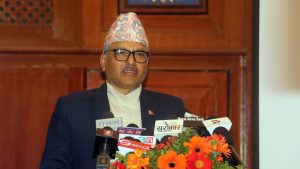
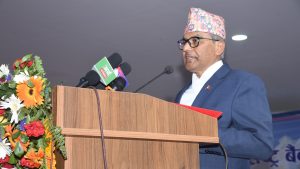
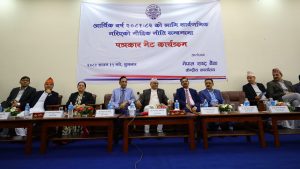

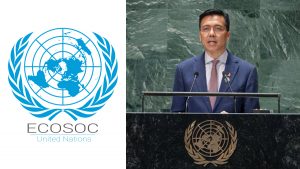
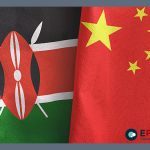

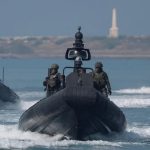



Comments